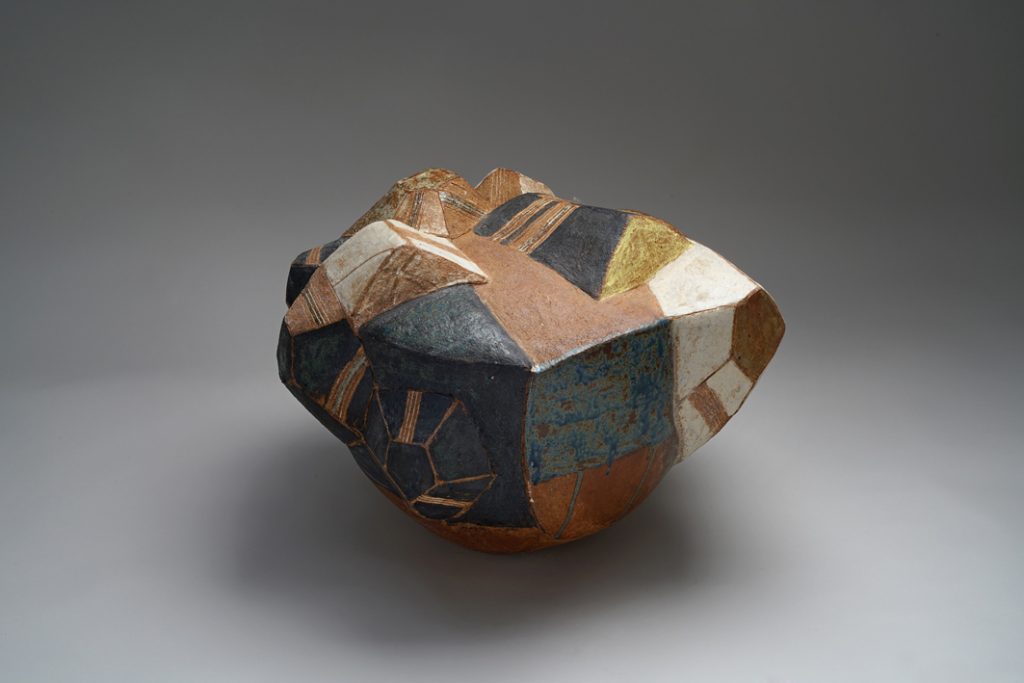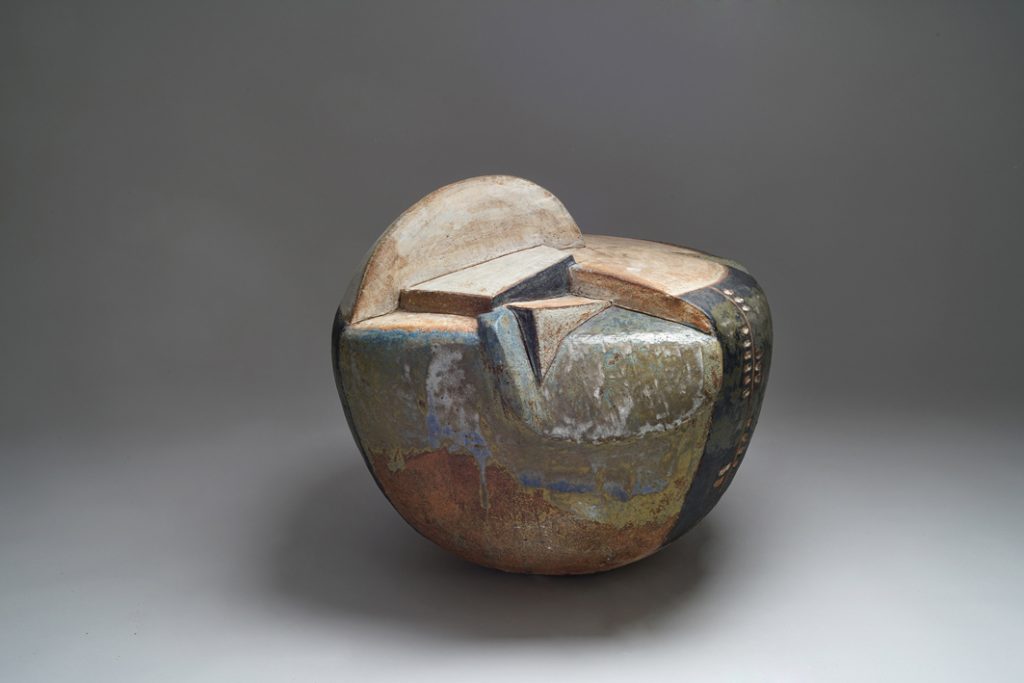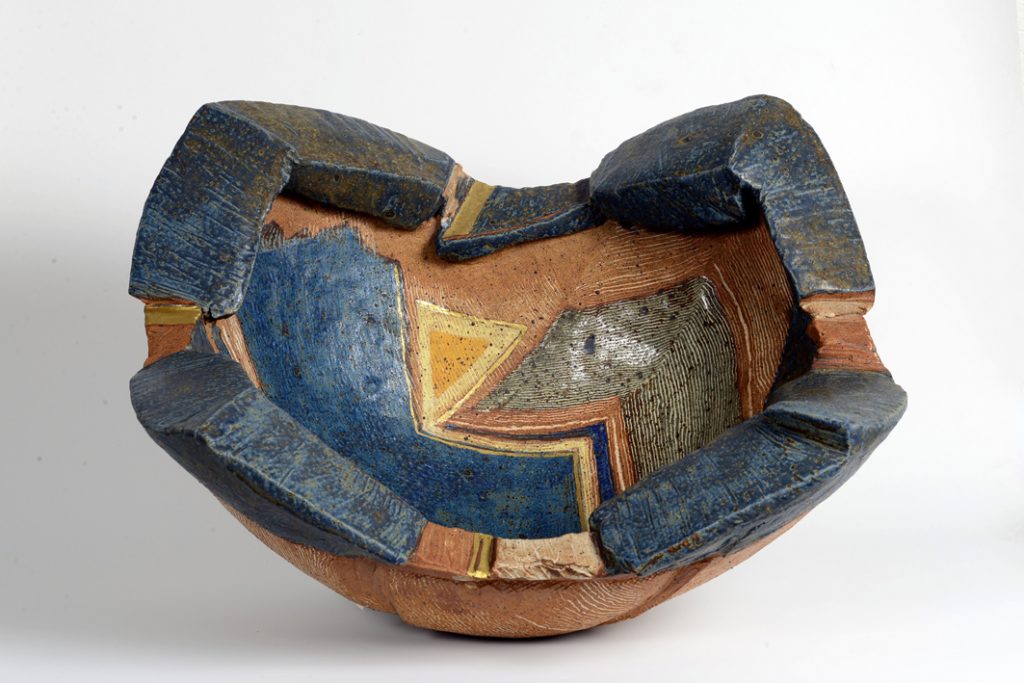For their third Slow Art Day the Roemer and Pelizaeus Museum (RPM) in Hildesheim, Germany, featured three statues representing the divine or enlightenment from several permanent exhibitions:
– The Egyptian goddess Isis
– A Bodhisattva (a Buddhist monk that is acknowledged to have achieved enlightenment on Earth through discipline and compassion)
– A Pieta (image of the Virgin Mary in mourning with the dead body of Jesus)



Participants were invited to look slowly at the three featured statues, while museum staff were also available for in-depth discussion.
The theme of divinity was chosen as an interesting way to focus on images of women in diverse religious and cultural traditions: the Egyptian goddess Isis, and – in the Catholic tradition – the Virgin Mary. Interestingly, in Buddhism it is debated whether women can become enlightened and achieve Buddha-status, or if they need to first be reborn as a man. Some paths of Mahayana Buddhism acknowledge both male and female Bodhisattvas, but in the stricter Theravada tradition only men are able to achieve the status of Arhat (a version of enlightenment that is founded on individual wisdom rather than on the principle of compassion). Thus, the Bodhisattva statue is a great example of how visual representation can lead to dialogue and exploration.
In the words of Andrea Nicklisch, ethnologist at the museum:
“Slow Art Day offers a wonderful opportunity to explore representations of women and to deal intensively with deities in different cultures and art in a new way.”
RPM ethnologist Andrea Nicklisch.
We look forward to whatever this archaeological museum comes up with for April 13, 2024.
– Johanna, Ashley, Jessica Jane, and Phyl
P.S. Stay updated with the Roemer and Pelizaeus Museum via their Facebook and Instagram pages.
P.P.S. Registration is now open for Slow Art Day 2024.



